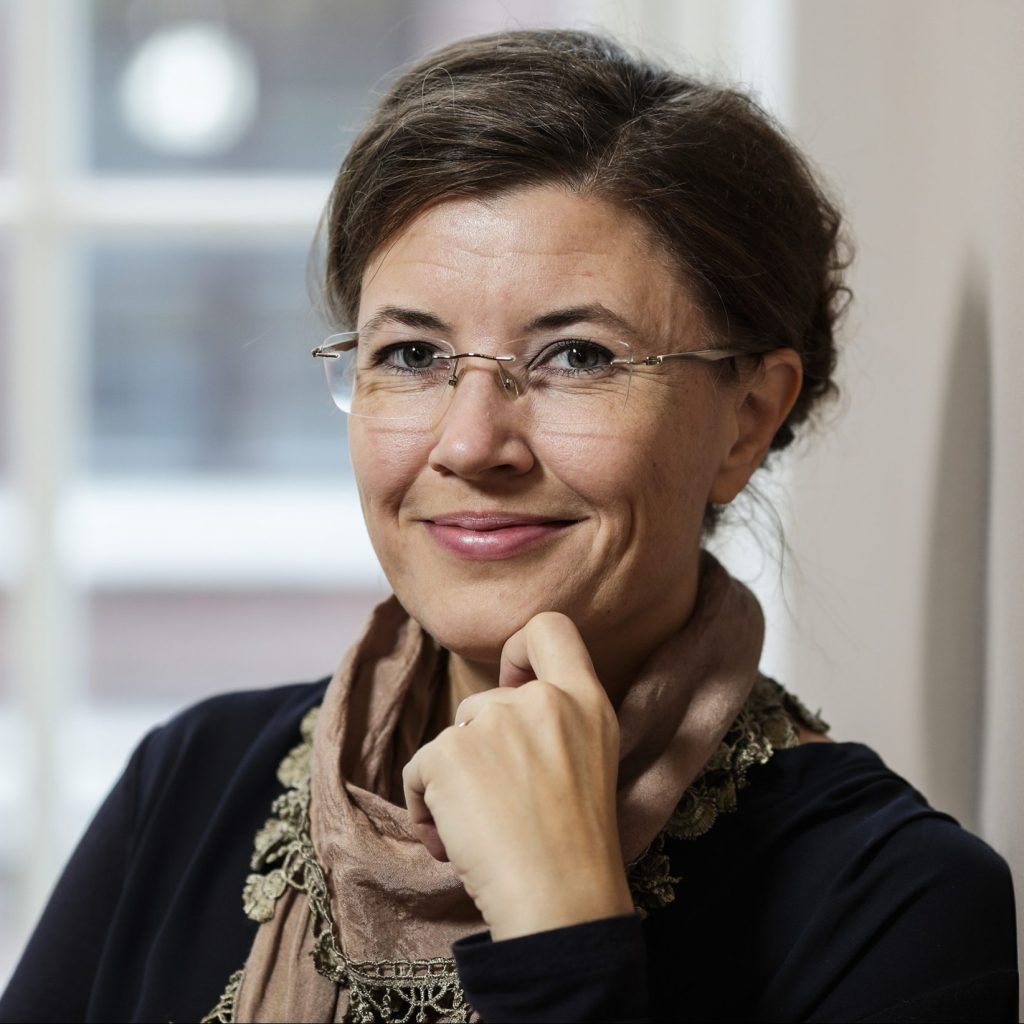
Tuuli Lähdesmäki (PhD in Art History, DSocSc in Sociology) is an associate professor of Art History (tenure track) at the University of Jyväskylä (JYU). Has received the title of Docent in Art History at the University of Jyväskylä, in Area and Cultural Studies at the University of Helsinki, and in Critical Heritage Studies at the University of Turku, Finland. Lähdesmäki’s research interests and publications focus on EU cultural and heritage politics and policies, meaning-making processes in art and culture, strategies of interpreting the past, memory, identity and identity politics, and European narratives. She has actively applied and successfully received competed for external research funding, altogether over €4,8 M, and led several research projects exploring EU heritage policy, politics and initiatives, such as EUROHERIT, funded by European Research Council, and HERIDI, funded by the Academy of Finland. Moreover, Lähdesmäki has recently worked as a consortium PI in a Horizon2020-funded project DIALLS and is current a consortium PI in a Horizon Europe-funded project REBOOT. The previous focused on cultural literacy learning in Europe and the latter explores the competitiveness of European film industry. Lähdesmäki has worked as a Visiting Fellow/Professor at the University of Cambridge, the University of Limerick, the University of Pécs, the European University Institute, and the Fulda University of Applied Sciences. Her recent publications include a co-edited special issue Heritage Diplomacy: Policy, Praxis and Power (International Journal of Cultural Policy, 2023) and co-authored books Learning Cultural Literacy through Creative Practices in Schools (Palgrave Macmillan, 2022); Europe from Below. Notions of Europe and the European among Participants of EU Cultural Initiatives (Brill, 2021); and Creating and Governing Cultural Heritage in the European Union: The European Heritage Label (Routledge, 2020).
Academic interests:
EU heritage, diversity and cultural policy, intercultural dialogue, cultural identities, belonging, European narratives, memory, public space
